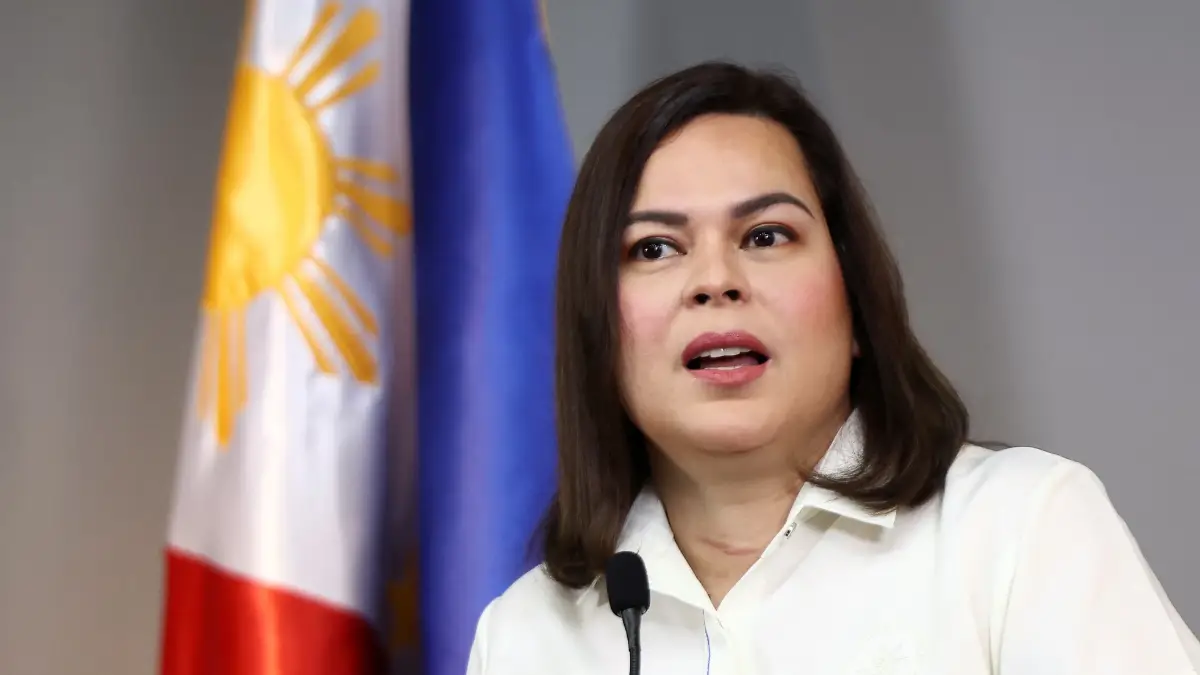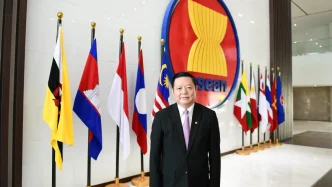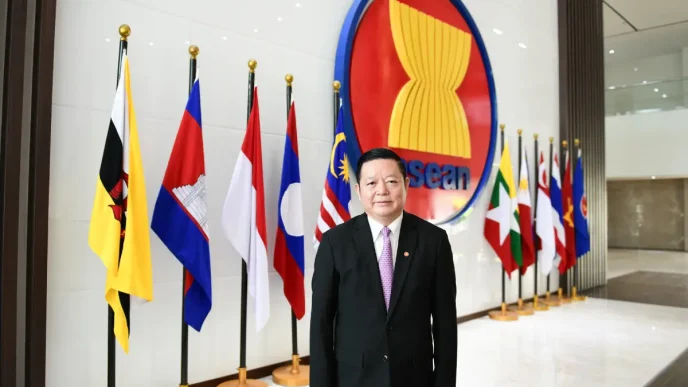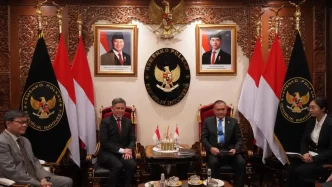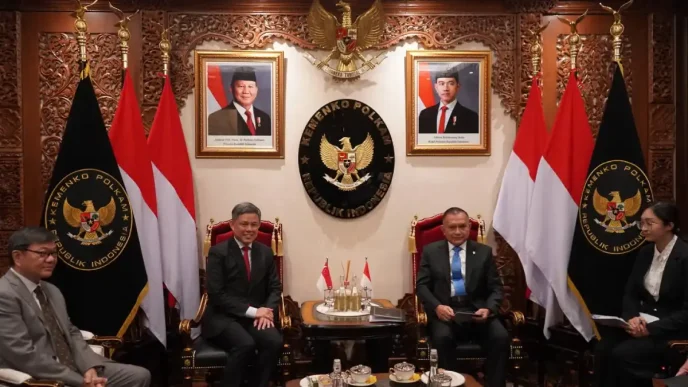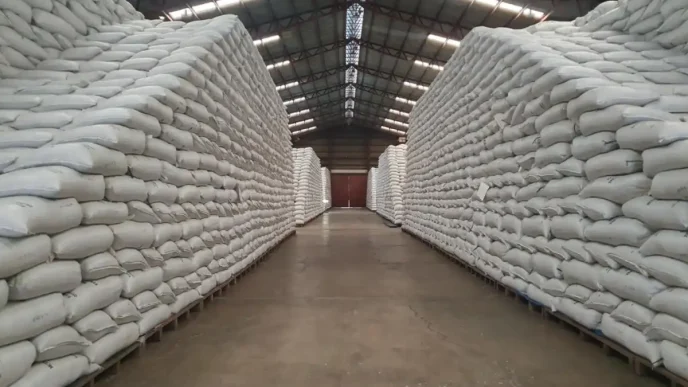In a significant political development in Manila, the Philippines Senate voted on August 7, 2025, to archive the impeachment case against Vice President Sara Duterte, aligning with a recent Supreme Court ruling that declared the complaint unconstitutional. The decision, backed by 19 senators, marks a pivotal moment in the ongoing legal and political saga surrounding Duterte, reflecting broader tensions over constitutional limits and legislative authority in the country.
Supreme Court Ruling Sets the Stage
The path to the Senate’s decision was paved by a unanimous ruling from the Philippines Supreme Court on July 25, 2025, which found the impeachment complaint against Duterte to be in violation of the constitutional one-year rule. As outlined in Article XI, Section 3(5) of the 1987 Constitution, no impeachment proceedings can be initiated against the same official more than once within a year. The court determined that the multiple complaints filed against Duterte—three in December 2024 and a fourth on February 5, 2025, endorsed by 215 House lawmakers—breached this rule. The Supreme Court further noted that the earlier complaints were effectively terminated when the House transmitted the fourth complaint to the Senate for trial, rendering the proceedings null and void ab initio.
This legal interpretation meant that the Senate, despite having convened as an impeachment court in June during the 19th Congress, did not acquire jurisdiction over the case. The Supreme Court’s decision was described as immediately executory, compelling the Senate to reconsider its approach to the high-profile case.
Senate Debate and Voting
The Senate session on August 7 saw hours of intense debate over how to proceed. Senate Majority Leader Joel Villanueva proposed a motion to archive the impeachment case, amending an earlier suggestion by Senator Rodante Marcoleta to dismiss it outright. Villanueva argued that archiving was the appropriate response to the Supreme Court’s ruling, stating during the session that the move would respect the court’s finding that the Senate lacked jurisdiction over the matter.
Nineteen senators, including Senate President Francis Escudero, supported Villanueva’s motion, while four opposed it. Senator Panfilo Lacson abstained, expressing a preference to await a final ruling from the Supreme Court before taking a definitive stance. Escudero clarified that archiving the case did not preclude future action, noting that a motion to retrieve the case from the archives could be entertained if the Supreme Court were to reverse its decision, however unlikely that scenario might be.
Opposition to the motion came from Senate Minority Leader Vicente Sotto III, who challenged the notion that the Senate never acquired jurisdiction. Sotto pointed out that the Senate had already convened as an impeachment court, with senators donning robes for the occasion—a symbolic act of taking on judicial responsibilities. He argued that this act of convening should not be dismissed by the Supreme Court’s ruling. In response, Escudero acknowledged the factual occurrence of the Senate’s convening but emphasized that archiving, rather than dismissing, the case preserved the historical record of these events while adhering to the legal constraints imposed by the court.
Constitutional Implications and Political Dynamics
The decision to archive the impeachment case against Sara Duterte, a prominent political figure and daughter of former President Rodrigo Duterte, underscores the delicate balance between legislative action and judicial oversight in the Philippines. The one-year rule, designed to prevent repetitive and potentially harassing impeachment proceedings, has now been reaffirmed as a critical safeguard in the country’s constitutional framework. This ruling could set a precedent for future cases, ensuring that political adversaries cannot weaponize impeachment as a tool for continuous legal challenges within short timeframes.
Politically, the archiving of the case may temporarily shield Duterte from formal proceedings, but it does not erase the underlying tensions that led to the filing of multiple complaints. The accusations against her, though not detailed in the Supreme Court’s public ruling, span various issues raised by both civil society groups and a significant bloc of House lawmakers. The fact that 215 representatives endorsed the fourth complaint signals substantial political opposition to Duterte’s tenure as vice president, a position often seen as a stepping stone to higher office in Philippine politics.
Analysts suggest that the Senate’s decision to archive rather than dismiss the case reflects a strategic compromise. By archiving, the Senate avoids a direct confrontation with the Supreme Court’s authority while leaving open the possibility of revisiting the case under changed circumstances. This approach also mitigates immediate political fallout for Duterte, whose family name continues to wield significant influence in Philippine governance, particularly in the southern regions like Davao, where the Dutertes have historically held sway.
Broader Context of Impeachment in the Philippines
Impeachment proceedings in the Philippines are rare but carry immense political weight when initiated. Historically, they have been used to address allegations of high-level corruption or abuse of power, as seen in the cases of former President Joseph Estrada in 2001 and Chief Justice Renato Corona in 2012. The process requires a one-third vote in the House of Representatives to file articles of impeachment, followed by a trial in the Senate, where a two-thirds majority is needed for conviction and removal from office.
In Duterte’s case, the House surpassed the threshold for filing complaints, but the Supreme Court’s intervention highlighted a procedural flaw that halted the process before a full trial could unfold. The Senate’s convening as an impeachment court on June 10, just before the congressional adjournment, was a procedural step that ultimately proved moot in light of the court’s ruling. The decision to archive the case, rather than pursue a trial scheduled for August 4, reflects a pragmatic acknowledgment of judicial supremacy in matters of constitutional interpretation.
Public and Political Reactions
Public reaction to the Senate’s decision has been mixed, with some viewing it as a necessary adherence to legal principles, while others see it as a missed opportunity to hold a high-ranking official accountable. In Manila, civic groups that supported the initial complaints expressed frustration over the procedural technicality that derailed the process. Meanwhile, Duterte’s supporters have hailed the outcome as a vindication, though the archived status of the case means it is not entirely resolved.
Within the Senate, the split vote—19 in favor of archiving, four against, and one abstention—reveals underlying divisions on how to interpret the chamber’s role in impeachment proceedings. Senator Risa Hontiveros, who supported Sotto’s countermotion to table the dismissal, has previously advocated for robust checks on executive power, suggesting that the archiving decision might not be the final word on accountability for Duterte.
Looking Ahead: Legal and Political Uncertainties
The archiving of the impeachment case against Vice President Sara Duterte raises questions about the future of political accountability in the Philippines. While the Supreme Court’s ruling provides clarity on the one-year rule, it also exposes the complexities of navigating impeachment within a highly polarized political landscape. For now, Duterte remains in office, her position secured by both judicial intervention and Senate action.
However, the archived case looms as a potential flashpoint. Should new evidence or political shifts prompt a reversal from the Supreme Court—an unlikely but not impossible scenario—the Senate could retrieve the case and resume proceedings. Moreover, the broader implications of this episode may influence how future impeachment complaints are filed and processed, potentially leading to calls for constitutional amendments to clarify or revise the one-year rule.
As the Philippines grapples with these legal and political intricacies, the fate of Sara Duterte’s vice presidency remains a subject of intense scrutiny. Whether this archived case marks the end of her legal challenges or merely a pause in a longer battle is a question that only time, and perhaps the courts, will answer.


